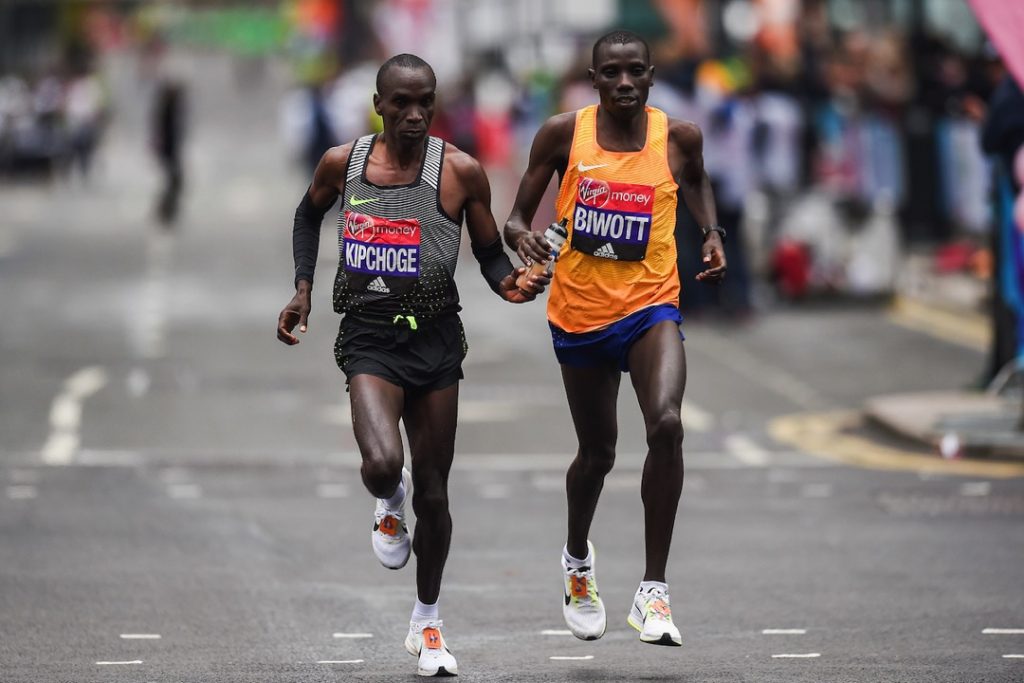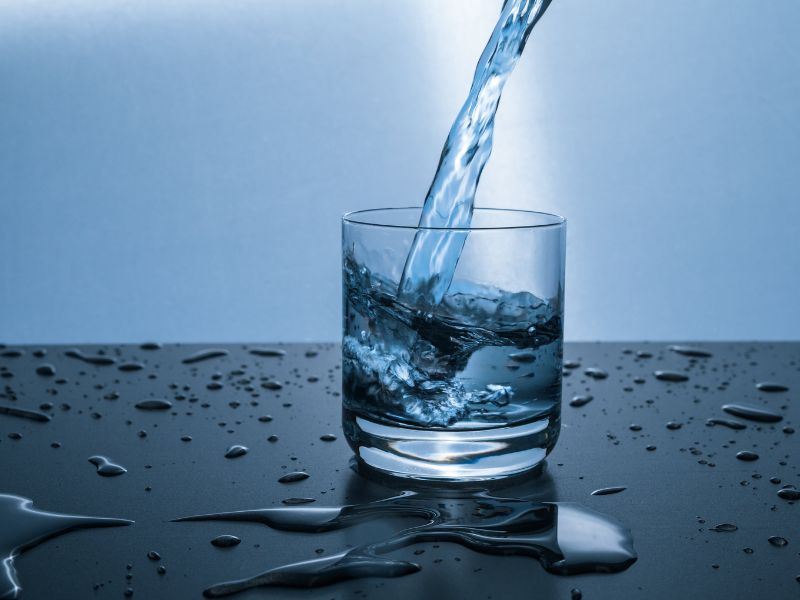When it comes to running, the amount of fluids you need before, during, and after your run isn’t one-size-fits-all. Your hydration requirements depend on various factors, including the duration of your run and your individual sweat rate. While older guidelines used to offer specific fluid intake recommendations for runners, newer insights highlight the importance of a more personalized approach. Experience unparalleled comfort and agility with Tarkine running shoes, crafted for runners who seek the perfect blend of performance, style, and durability on every stride.
Recent studies have underscored the benefits of crafting a hydration plan based on your individual sweat loss to enhance your performance. This perspective aligns with the latest guidance from the American College of Sports Medicine (ACSM), which also emphasizes the need for an individualized approach to workout hydration.

Pre-Run Preparation
According to ACSM, when preparing for a run, it’s crucial to hydrate gradually. Start by consuming fluids at least four hours before your run, aiming for around 5 to 7 milliliters per kilogram of body weight as a general starting point. However, paying attention to your urine can provide essential insights. If you aren’t producing urine or if it appears dark and highly concentrated, consider increasing your fluid intake by about 3 to 5 mL per kilogram of body weight approximately two hours before your run.
For those who find precise calculations challenging, some experienced running coaches recommend simpler guidelines. For instance, if you plan to run for roughly 45 minutes, you might want to pre-hydrate by drinking approximately 17 to 20 ounces of fluid about two hours before your run, followed by another 10 to 12 ounces of water or a sports drink within the 0 to 10 minutes leading up to your exercise.
Stay Hydrated During Your Run
Sustaining adequate hydration levels during your run is crucial for peak performance. ACSM suggests that you consume fluids early in your run and at regular intervals. While specific volume recommendations aren’t provided due to the influence of various factors such as clothing, duration, weather conditions, and personal variations, ACSM advises using your sweat rate to determine your customized hydration needs.
View this post on Instagram
As a starting point, consider aiming for 0.4 to 0.8 liters of fluid per hour, with higher amounts for faster, heavier runners in warmer climates and lower amounts for slower, lighter runners in cooler conditions. Look for beverages that contain electrolytes and carbohydrates to help maintain fluid-electrolyte balance and optimize your exercise performance.
Recovery and Nutrition
Replenishing lost fluids after your run is essential. In many cases, restoring your hydration and nutrient balance can be achieved through a balanced diet and regular fluid intake. However, if you find yourself significantly dehydrated, consider consuming approximately 1.5 liters of fluid for each kilogram of body weight lost. In extreme cases of dehydration, intravenous fluids may be required.
Nutrition for Races and Marathons
Preparing for a race or marathon goes beyond physical training and extends to your nutritional strategy. In the weeks leading up to the event, familiarize yourself with what will be available during the race, such as feed stations, and take into account expected weather conditions, which may necessitate increased hydration on hot days.
During Training
Your nutritional needs can vary during training. For shorter runs, there may be no need to significantly increase your overall calorie or carbohydrate intake. However, for distance runs that exceed 90 minutes, it’s crucial to incorporate supplemental nutrition, including adequate fluid replacement, to remain well-hydrated and maintain peak performance.
Preparation Leading Up to Race Day
Some runners engage in carb-loading in the days preceding a race or marathon to optimize muscle glycogen stores, enhance endurance, and reduce fatigue. However, it’s vital to approach this practice cautiously and ensure you maintain a balanced protein intake. Abrupt dietary changes before a race can lead to discomfort, decreased performance, and gastrointestinal issues.
Race Day Nutrition
On race day, your nutrition is entirely within your control. Plan your pre-race meal thoughtfully:
- Consume a high-carbohydrate breakfast at least three to four hours before the event, sticking to familiar foods like bagels, waffles, or oatmeal, and avoiding high-fiber or high-fat options to prevent gastrointestinal distress.
- About 15 minutes before the race, consider a high-carb snack or energy gel for a quick energy boost.
- During the race, consume an appropriate amount of carbs and fluids to fuel your run, but avoid excessive intake to prevent stomach discomfort and performance hindrance.
By adhering to these personalized hydration and nutrition guidelines, you can optimize your running performance and make the most of your training and racing endeavors. Tailored hydration and nutrition plans will keep you on track to achieve your running goals. Stay hydrated, stay fueled, and keep chasing those milestones!
















